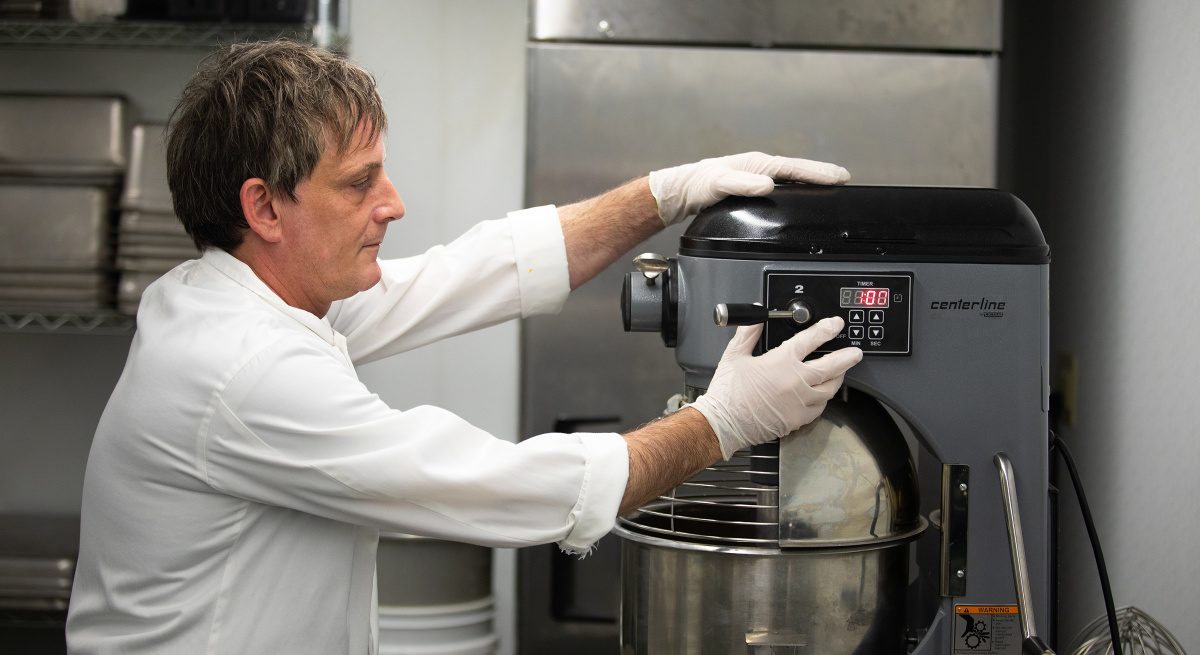Mixer Myths: How They Can Impact Cost and Performance
3 Min Read By Carolyn Bilger
For continuous use or the occasional batch, it’s important to have the right mixer for the job. Having a mixer that’s too large or too small can increase costs and affect performance in the kitchen. To make the best selection and ensure the equipment lasts, it’s helpful to understand some common myths about mixers.
Myth 1: More Is Always BetterWhen determining the right size and type mixer to buy, keeping the application in mind is key.
First, to achieve thorough mixing and avoid stressing the motor, it’s important to have the right bowl size. A large-volume mixer is not always necessary, though it may be for some applications. It’s a matter of absorption ratio (AR) — water weight divided by flour weight. This is an important factor to consider, since a mixer’s recommended maximum capacity depends on the moisture content of the dough.
Secondly, not all kitchens need a maximum heavy-duty mixer. If the mixer will be used for limited batches or to mix heavy doughs…
Sorry, You've Reached Your Article Limit.
Register for free with our site to get unlimited articles.
Already registered? Sign in!

